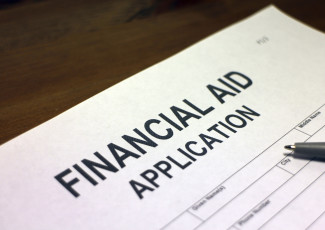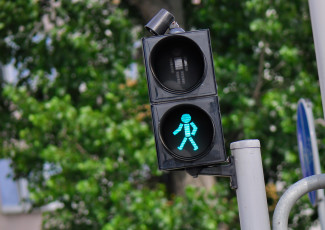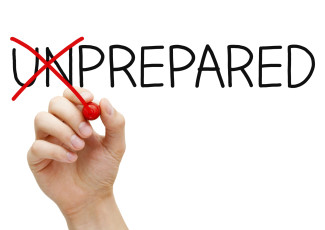College Readiness Now: A Statewide Collaboration
By Lawrence A. Nespoli
May 18, 2015
New Jersey’s 19 community colleges have joined together with local K–12 schools to prepare students for success at college.
As community college leaders, we all know that college readiness is one of the biggest challenges we face in helping our students reach success in their higher education experience. We also know that when it comes to facing tough challenges, if you want to go fast, you go alone. But if you want to go far, you go together. That’s why New Jersey’s 19 community colleges have joined together in a statewide collaboration to advance student success, partnering with local K–12 schools to ensure our students are prepared to take full advantage of the opportunities college offers.
New Jersey was one of three states to receive funding from the Kresge Foundation to establish a statewide Center for Student Success, joining a group of seven small but powerful Student Success Centers to a growing national network. One of the Center’s top priorities has been its College Readiness Now program. Through this program, New Jersey’s community colleges designed and implemented a series of transition programs that help high school juniors and seniors become academically prepared for college prior to graduating high school. With special funding from New Jersey’s Secretary of Higher Education, the initiative specifically targets low-income students who are not yet college-ready with courses in English and mathematics.
In partnership with 65 high schools across the state, New Jersey’s community colleges administered diagnostic tests to approximately 4,000 high school juniors and seniors in the spring of 2014. Of these, 921 students who did not qualify as college-ready participated in their local community college’s free College Readiness Now program.
The results were impressive: At the end of the program, nearly half of the students were deemed fully college-ready and thus will not have to take any developmental-education courses in college. The other participating students also significantly moved up in the developmental course-level sequence, many needing only one developmental class to become ready for college-level courses. These advances are critical to our students, who will now be on an accelerated path to their degree, saving them time and money in reaching their education and career goals.
Furthermore, in addition to in-class academic instruction, students were given the opportunity to strengthen their college-knowledge skills through a variety of student-success workshops and credit-bearing courses. Topics included how to navigate the college admissions process, how to complete the FAFSA and how to establish academic and personal goals — all key steps in successfully completing a college degree.
As we think about how we can replicate these types of programs in other states, it is important to note where we found most success. The College of Education at Rowan University conducted a thorough evaluation of the College Readiness Now program and identified the following models as the most promising going forward:
- A short and intensive (one week) computer-based instruction model with instructor support.
- A five-week summer bridge model with course meetings Monday through Thursday that is based on a traditional college developmental course.
- A semester-based model that is incorporated into the student’s high school day.
Given the success of the program, New Jersey’s community colleges are enthusiastically looking forward to taking it to scale in the coming years. We know that when we work together and collaborate with our statewide peers, we can increase the chances of college completion for every student in the state, while saving them time and money along the way.
















